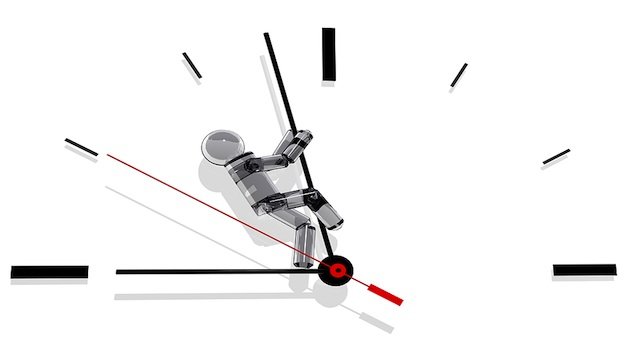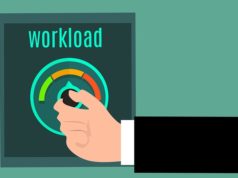
When you are self-employed, time is your most important resource, and not just for reasons you would think. As they say, time is money and every successful solopreneur knows that you need to spend your time wisely in order to make a profit.
But for most self-employed individuals, time is more than just an abstract concept. It’s a kind of currency, almost as important as cash to your actual income. Ask any group of freelancers why they left their steady 9 to 5 jobs for the topsy-turvy world of owning their own business, and you will hear one answer repeated again and again: “I wanted to manage my own time.”
Remember, you should be in charge of your schedule, it should not be in charge of you…
Freelancers are a special breed. We value freedom over security. Chances are, if you are a freelancer, then you’ve organized your schedule around your personal priorities: maybe you want to have time to exercise, to volunteer, or to spend with your kids, and you pick your projects to facilitate your lifestyle. Congrats. Great choices all.
That’s why even very busy freelancers seem to enjoy their jobs more than well-paid office drones—they are living, moment to moment, a life of their own choosing.
In the spirit of making the most of your time, here are some tips for saving time at work. Remember, your schedule should never feel like something that is happening to you. In the end, you are in control of your days. Be proactive, take charge—it’s what freelancers do best!
1. Manage Your Inbox and Projects Before they Take Over Your Life
First let’s deal with your overflowing inbox: Creating folders and labels for your inbox is one of those tasks you can put off for years, until eventually you get used to wasting your time wading through a sea of unread emails, searching for important payment details, project updates, and responses to bids. Stop! There is a better way.
Having 5000 emails in a single “Inbox” folder is the easiest way to waste time and energy online. Every email service provider offers tools for organizing your inbox, so why not use them?
First things first, delete every email you no longer need. Now, do it now! The rest should be organized into folders; you can separate them chronologically or by project, it doesn’t really matter, the point is just to keep the amount of clutter in any given folder to a minimum.
Now onto your projects: A smart option in this regard is to get some good project management software. This will also help you assign emails appropriately, and indeed, help you organize all other aspects of your many projects.
Here is a good review of your Project Management Software options.
2. Plan Each Day, and Stick to the Plan
Make a to-do list every single day. I make mine first thing in the morning, but I’ve heard of freelancers who jump right in and work until lunch, at which point they take stock of what they have accomplished and what they need to finish before the day is through. There is no right or wrong system for organizing your time, but it is important that you have a plan of action to guide you through your days.
If you are going to make a written to-do list, then consider placing the most important items at the top and the least important items at the bottom. Throughout the day, touch base with your list and check off items. The sense of accomplishment that you get from crossing off an item can give you a great boost of energy.
And if you need help with this (and who doesn’t?) here is a great online to-do list maker, Remember The Milk.
3. One Task at a Time
We live in the age of multitasking, and for many of us our mobile devices have become a kind of breathing apparatus—they are always attached to our body, and when you take them away we can hardly function. But every single study on the topic has shown that you actually accomplish more when you focus on one activity at a time.
Try an experiment: for one day or one week, focus on finishing one task before you give any time or attention to the next task. If an urgent problem presents itself, then put aside what are working on, solve the problem, and return to your work only when you are able to give it your full attention.
Have another great idea for time management around the self-employed office? Why not share it with us in the comments section below?








